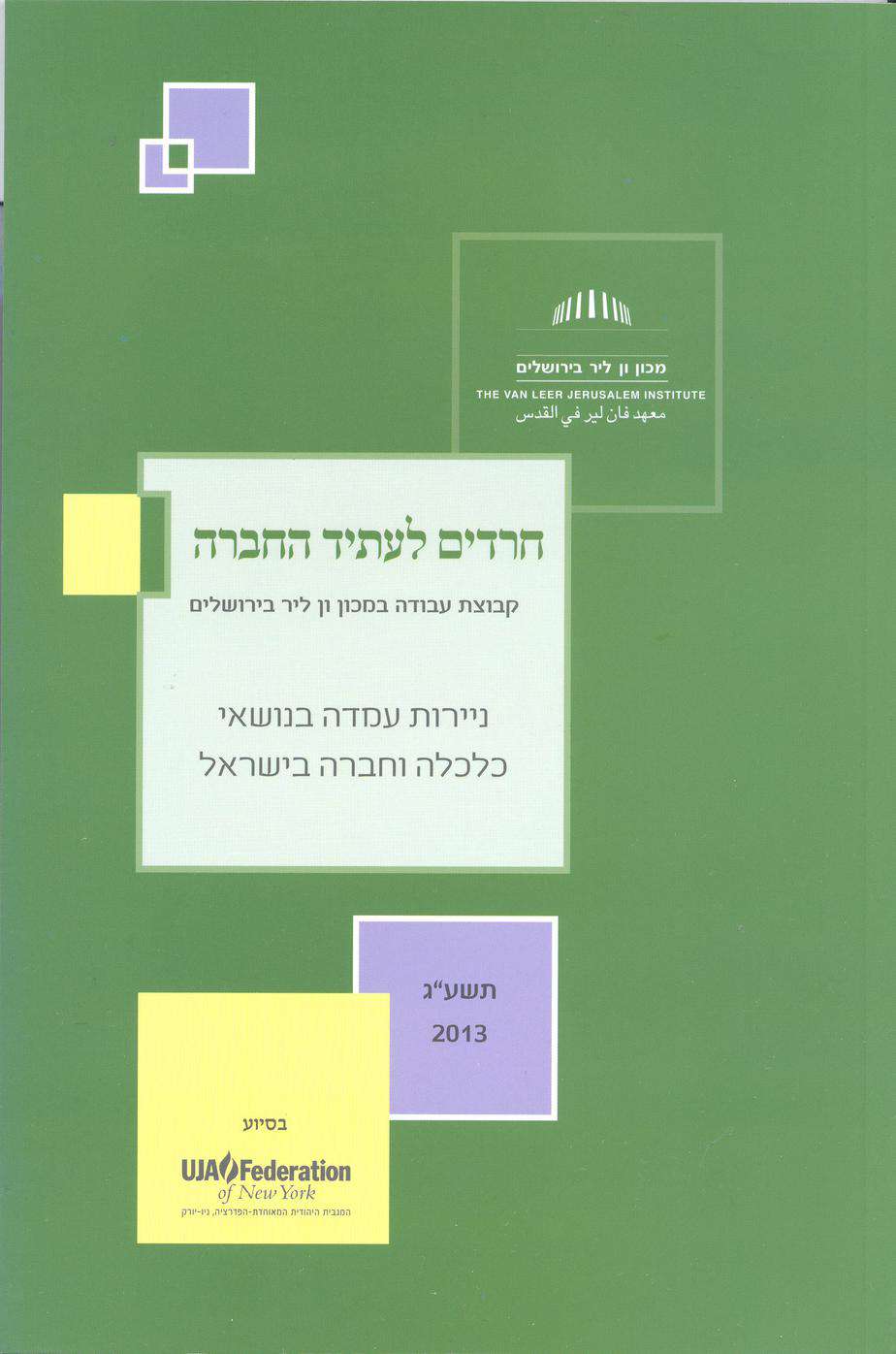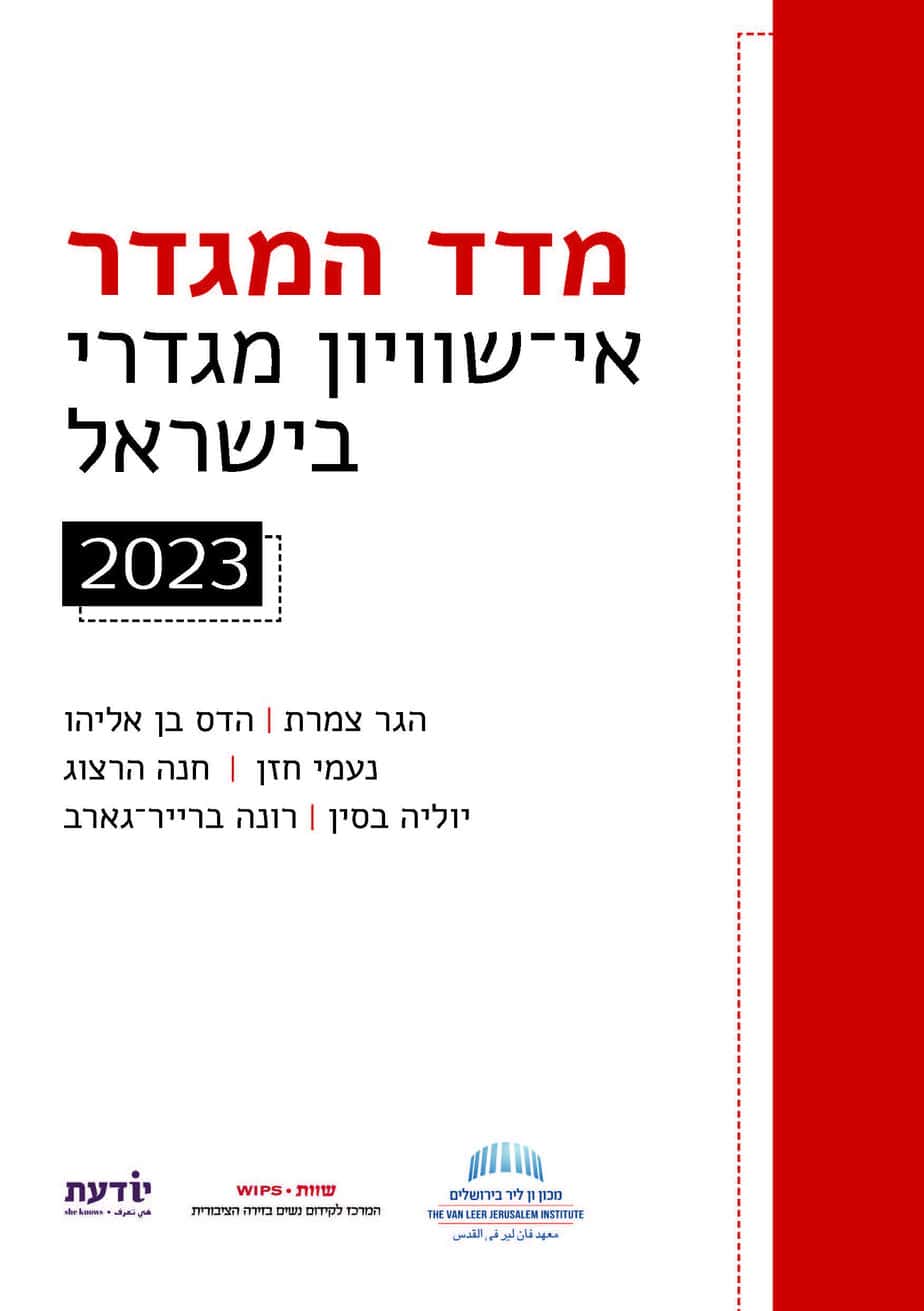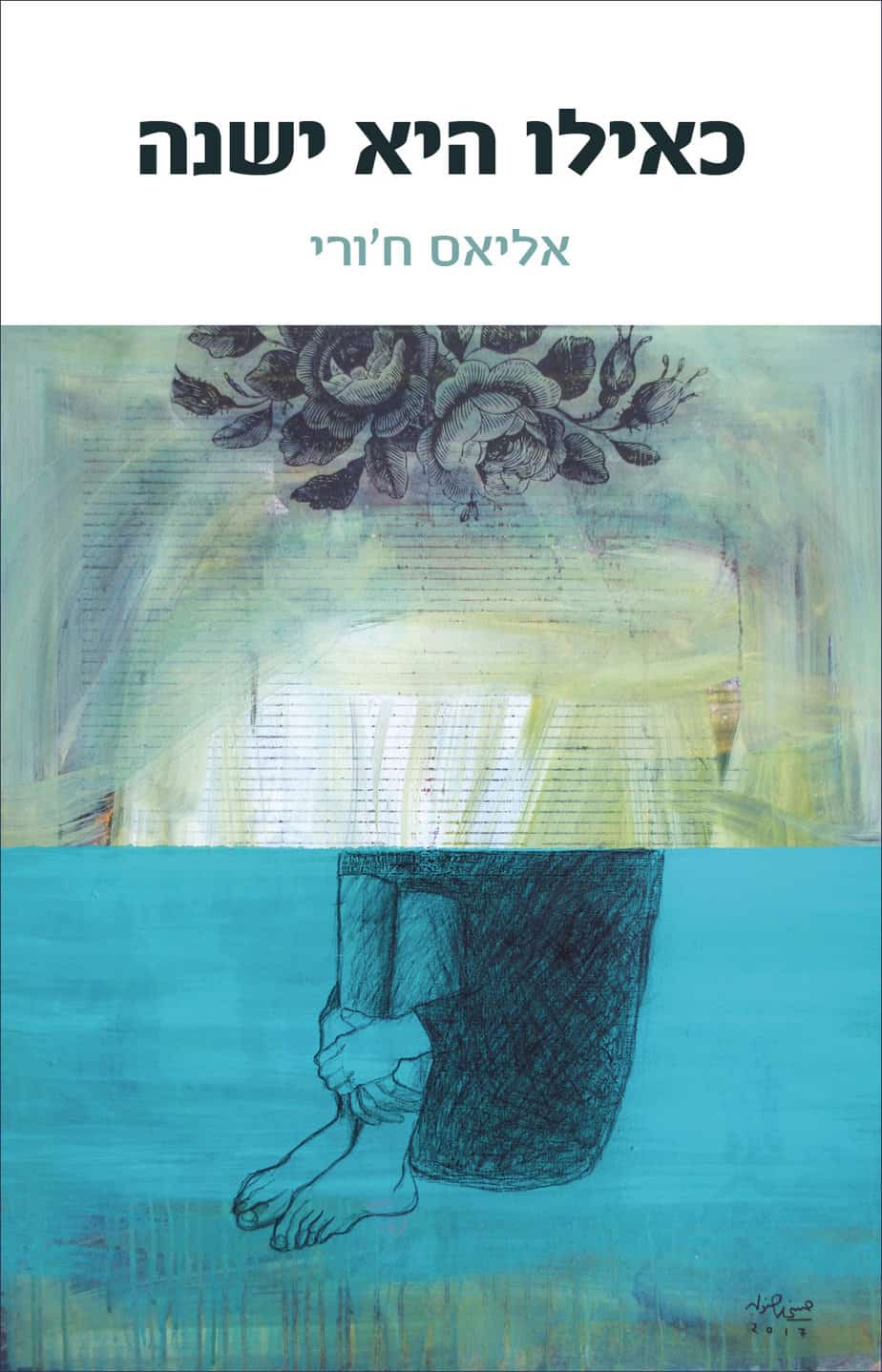Haredi Leadershipʼs Responsibility to Israeli Society at Large
Position Papers
| Edited by | Itamar Ben-Ami |
| Publisher | Van Leer Institute Press |
| Language | Hebrew |
| Year of Publication | 2013 |
| Series | Jewish culture and identity Publications |
Israel’s ultra-Orthodox sector is growing in importance and so is its political influence on many areas of policy. Thus it is imperative that we understand this sector’s attitudes toward social and public aspects of topical economic, social, and political issues in Israel, because those aspects affect not only the ultra-Orthodox public but the entire state. Clearly, ultra-Orthodox society, like every society, does not have a unified position on all these matters, but unlike other societies, it has a broad enough common denominator so that it can be discussed as a monolith.
To that end a group met at the Van Leer Jerusalem Institute. The participants were of various ultra-Orthodox stripes and included yeshiva students, individuals active in public affairs, and businesspeople. The variety among the participants allowed for a cross-section of current views in the various ultra-Orthodox communities on the topics discussed by the group, topics that are explored in the three position papers in this booklet. The group’s conclusions, presented here, aim to express as fully as possible ultra-Orthodox views, as seen by the group’s participants. The conclusions and the views have been formulated in terms of the values of Torah and Judaism.
The first document, “A Jewish View of the Economic System,” examines the criteria for building an economy that will serve the state’s citizens in accordance with the values of the Torah. This is a fundamental document that reflects the commitment of the ultra-Orthodox community to Torah values, the Israeli economy, and Israeli society. It also lays out the benefit that the general public discussion can gain from a dialogue with ultra-Orthodox Torah views.
The second document, “The Challenges of Making a Living in the Ultra-Orthodox Sector,” concerns the building of models aimed at easing the way for those in the ultra-Orthodox community who want to earn a living and integrate in the labor market, taking into account the spiritual and technical difficulties involved, and proposing concrete solutions.
The third document, “The Housing System,” proposes ways to solve the housing problem of Israel in general, while recognizing the special needs of the ultra-Orthodox society. This document, too, reflects the responsibility that the ultra-Orthodox community feels toward the state of the economy in general and the attempt to solve the dire housing shortage of this community in particular.




